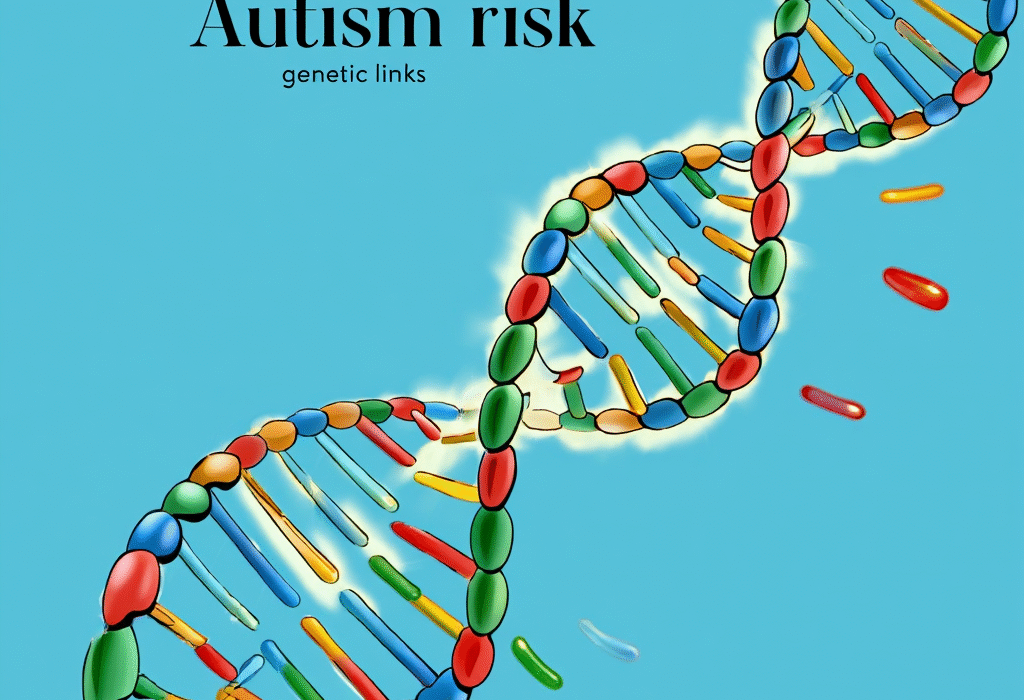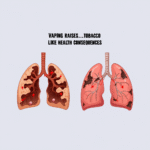Genetic Variants Show Opposite Effects in Autism and Other Mental Health Conditions
Two new large-scale genetic studies are reshaping how scientists understand the roots of autism and related psychiatric conditions. The research, based on genome data from nearly 575,000 people worldwide, focused on copy number variants (CNVs)—small DNA segments that can be deleted or duplicated.
The findings revealed striking differences across conditions. For autism, both deletions and duplications of these genetic regions consistently increased the likelihood of diagnosis. By contrast, the same variants showed opposing effects in other disorders: a deletion might raise schizophrenia risk, while a duplication in the same spot could reduce it, or even offer some protection.
“Deleting and duplicating the same gene can lead to completely opposite outcomes,” said Dr. Jonathan Sebat, professor of psychiatry and cellular biology at UC San Diego and co-lead of the studies.
The work also showed that although autism, ADHD, depression, bipolar disorder, PTSD, and schizophrenia share many biological pathways, their effects differ depending on brain regions, cell types, and whether a gene is lost or gained.
Experts say these insights could one day help doctors better identify genetic signatures behind mental health conditions and develop more targeted treatment approaches.






